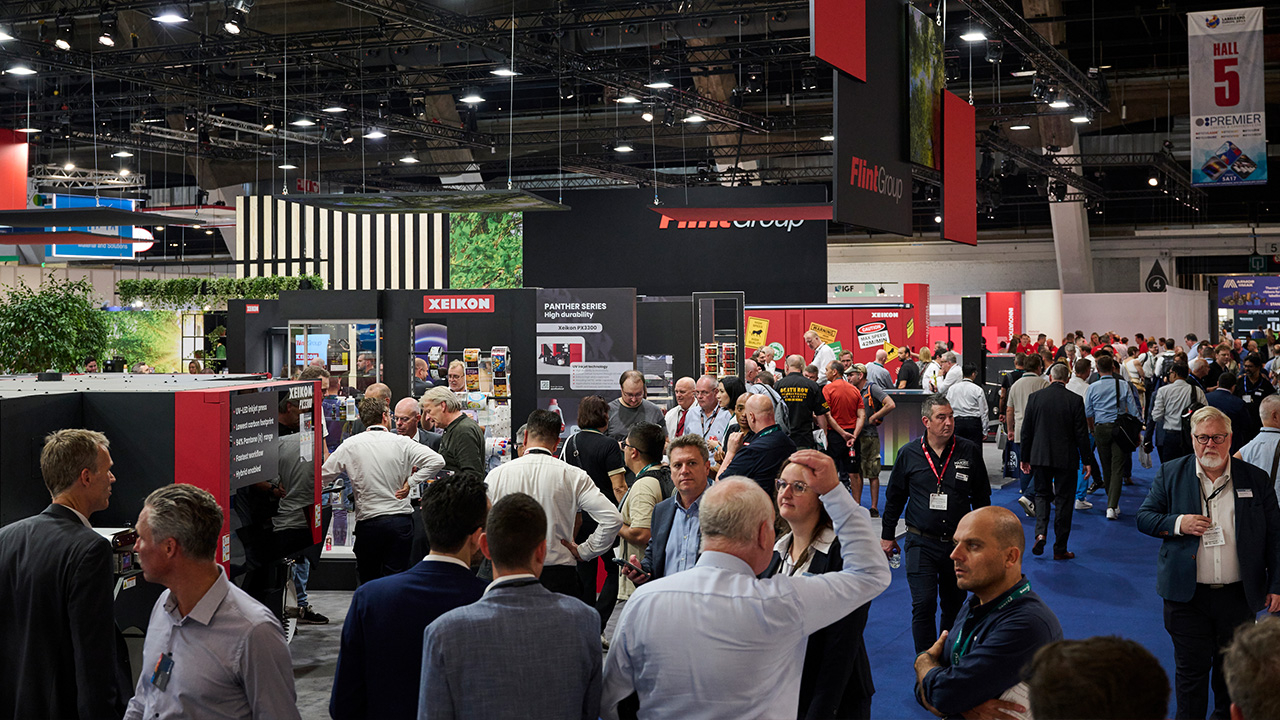Conflicting studies on key environmental issue

Its not often that you get such a perfect snapshot of how difficult it is to achieve an objective view of the environmental credentials of a product.
The studies, commissioned by Flint Group and by Dupont, concluded, respectively that solvent-based processing is more environment friendly than thermal processing and that thermal processing is more environmentally benign than solvent.
What is happening here? Both studies were carried out by respected independent institutes, and there is no reason to suspect that they were told in advance what to report.
The problem is that different initial assumptions were made in both cases. Neither is necessary right or wrong each is valid using its own set of assumptions.
At a time when label converters are being asked to present rigorous environmental assessments of all their operations carbon footprints, sustainability and so on it is not helpful to find industry suppliers presenting such contradictory analyses.
No doubt we would see the same results if we asked these two institutes to assess the environmental footprint of competitive ink systems (solvent vs waterbased vs UV), or film vs paper substrates, based on different sets of assumptions.
What we need is a clearly defined and agreed list of metrics which our industry will use to measure environmental performance. But this is at a time when our major global trade associations seem to be going their own ways in defining sets of environmental standards.
My colleague Mike Fairley, who founded this magazine 30 years ago, made a plea for the industry to develop common, global environmental standards at the FINAT congress in Paris last summer. The conflicting Flint-DuPont LCAs demonstrates just why such a global initiative is essential.
Stay up to date
Subscribe to the free Label News newsletter and receive the latest content every week. We'll never share your email address.


